
How to get URL link on X (Twitter) App


 In 2004, psychologist Jens Förster ran a study.
In 2004, psychologist Jens Förster ran a study.
 The slow good news we miss:
The slow good news we miss:
 First: Start your day with your MIT.
First: Start your day with your MIT.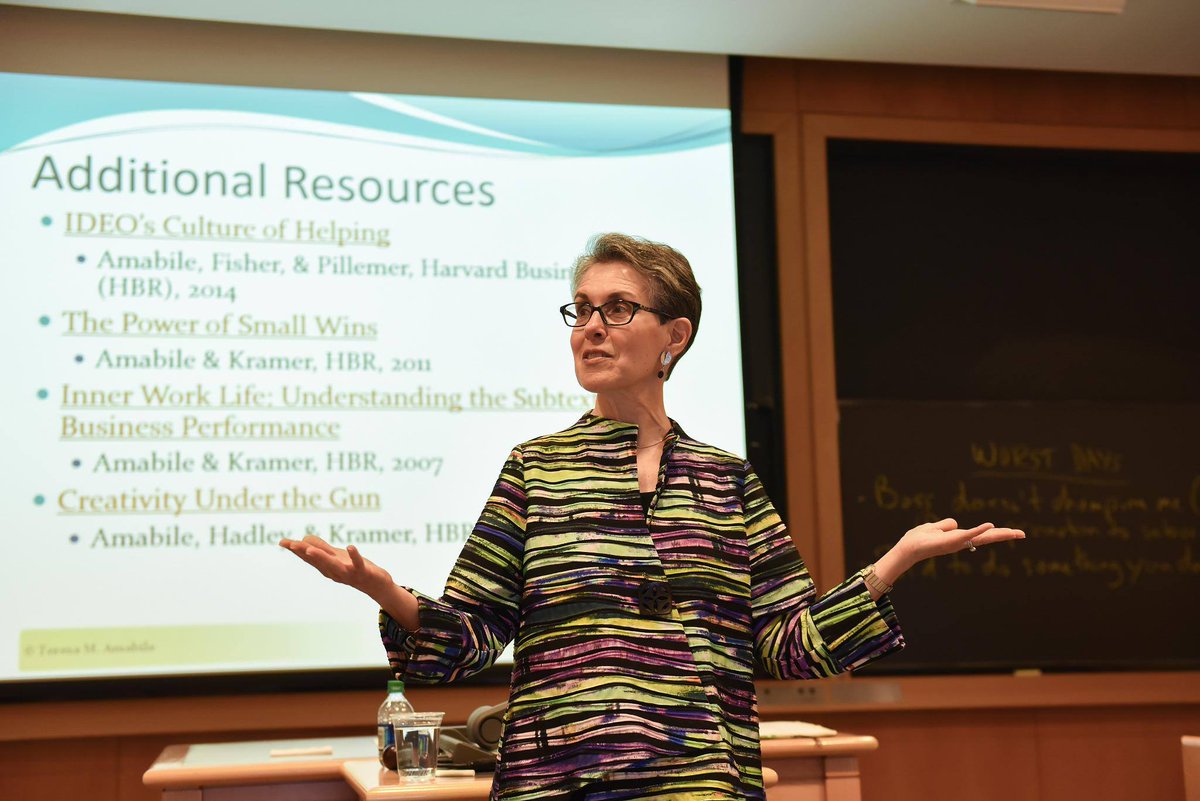
 Let’s start with Harvard.
Let’s start with Harvard.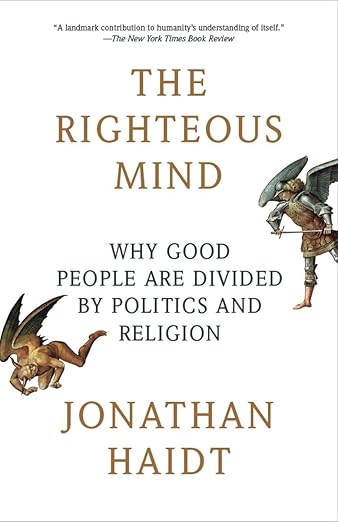
 We don’t start with logic.
We don’t start with logic.
 Step 1: Generate
Step 1: Generate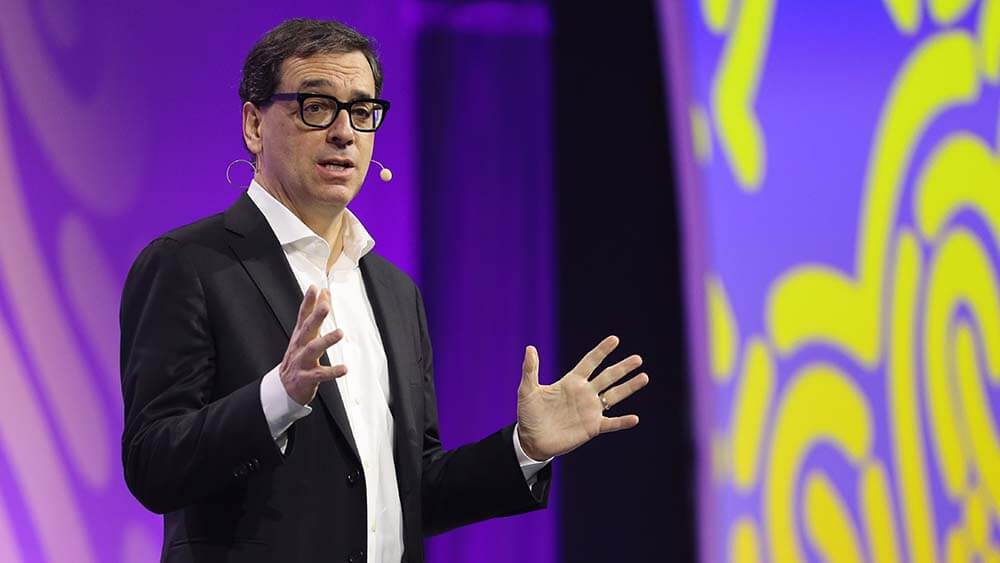
 Stuck on a tough problem?
Stuck on a tough problem?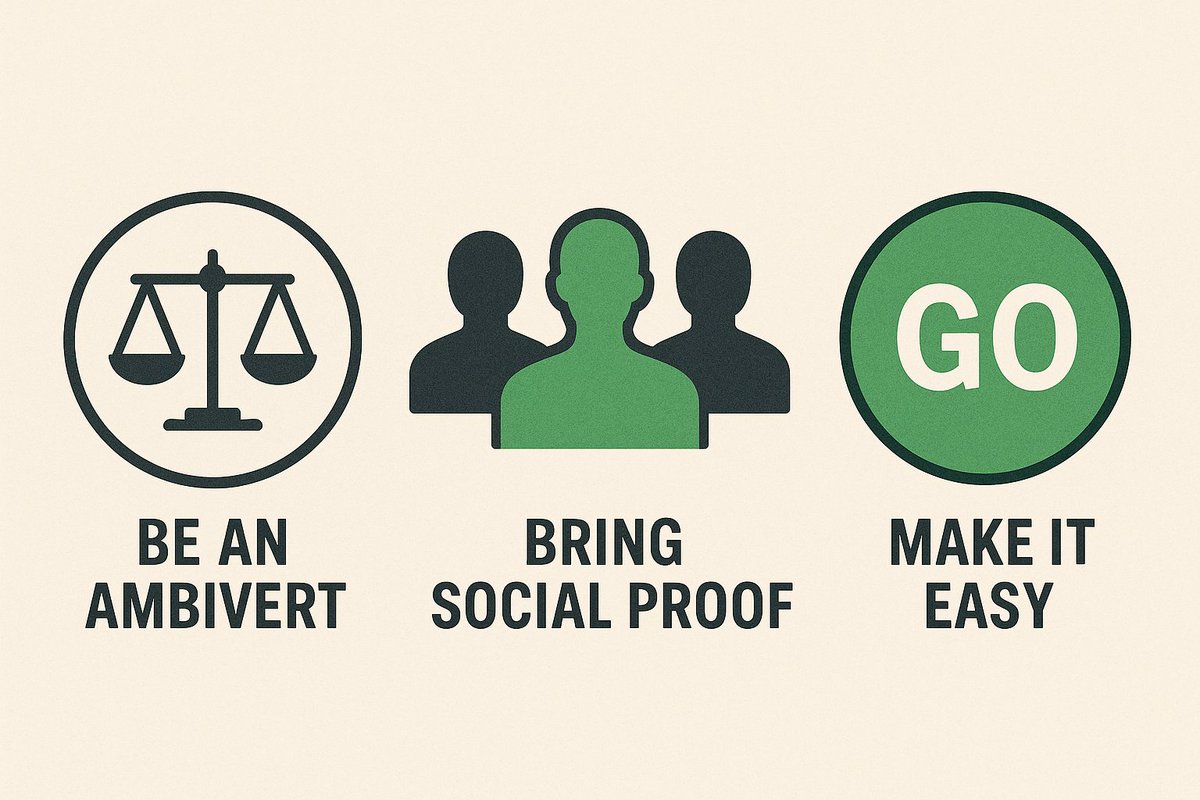
 First: Don’t be an extrovert.
First: Don’t be an extrovert.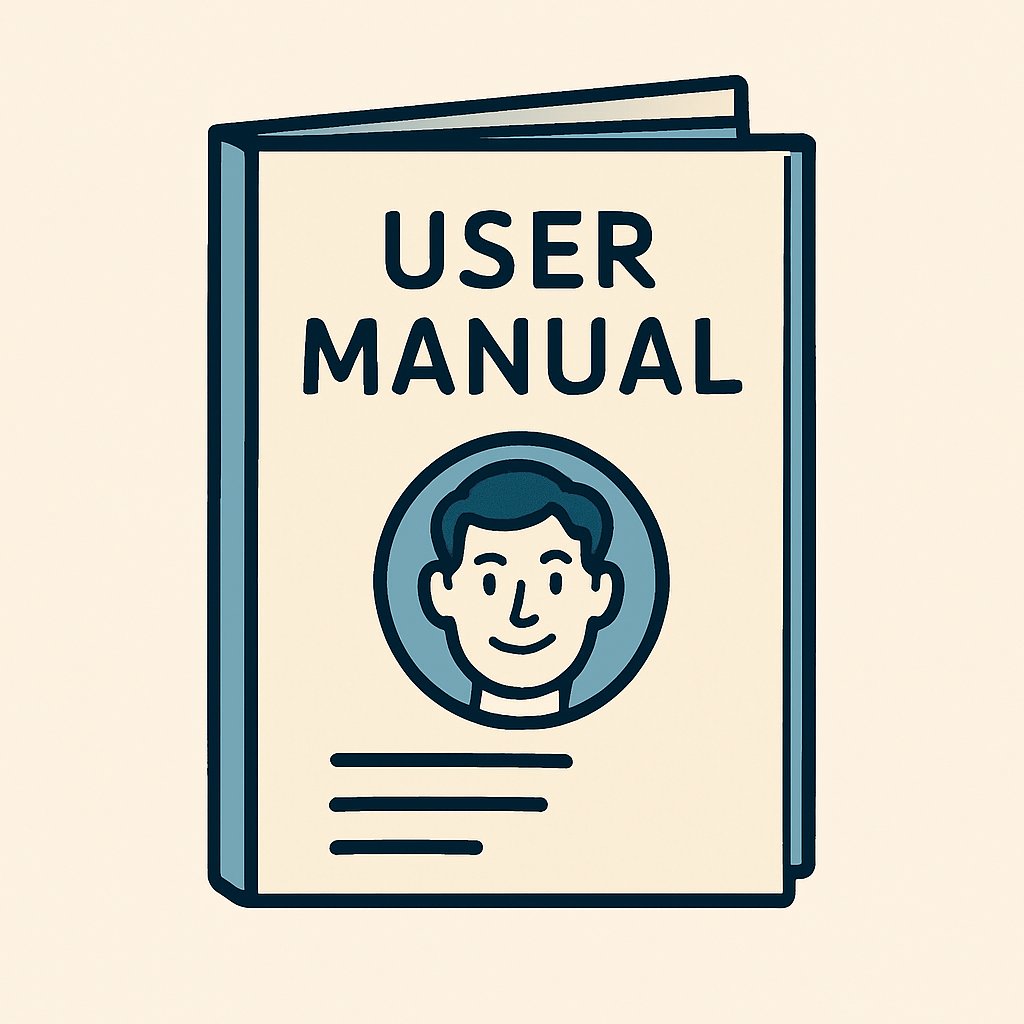
 Think about it:
Think about it: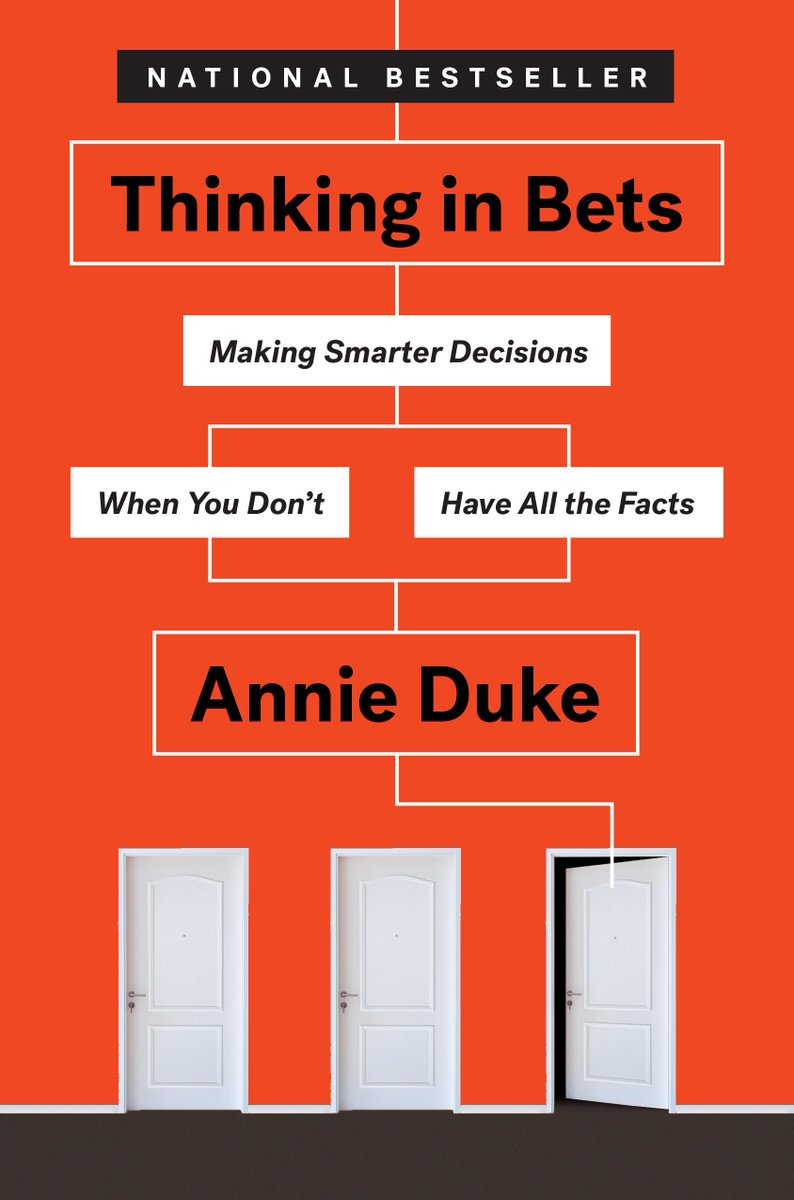
 Most people confuse outcomes with decisions.
Most people confuse outcomes with decisions.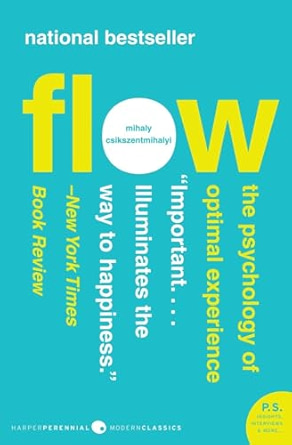
 Flow is when challenge meets capability.
Flow is when challenge meets capability.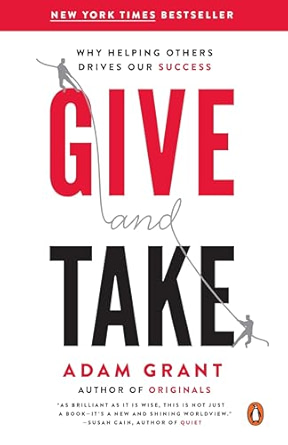
 Grant lays out 3 interaction styles:
Grant lays out 3 interaction styles: